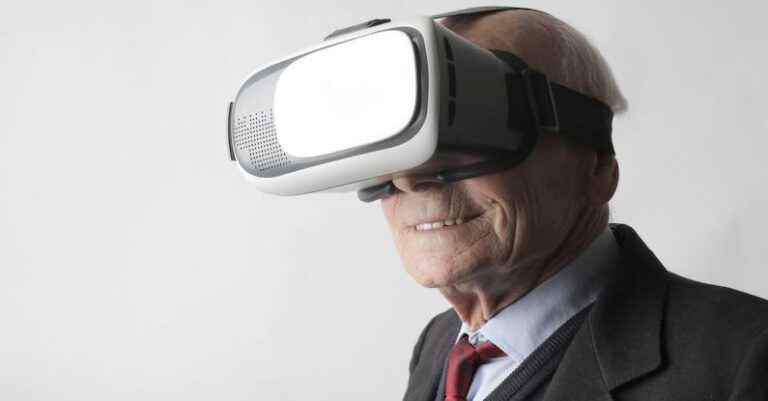What Are the Signs of Digital Burnout?
In today’s fast-paced world, it’s no surprise that many of us feel overwhelmed and exhausted by the constant demands of technology. From endless notifications to the pressure to always be connected, our digital lives can take a toll on our mental and physical well-being. This phenomenon is known as digital burnout, and it’s becoming increasingly common. In this article, we will explore some of the signs of digital burnout and discuss what you can do to prevent it.
Feeling Constantly Exhausted
One of the most common signs of digital burnout is feeling constantly exhausted, both mentally and physically. If you find yourself waking up tired, struggling to concentrate, or experiencing frequent headaches, it could be a sign that you’re spending too much time in front of screens. The constant stimulation and information overload can be draining, leaving you feeling depleted and drained.
Difficulty Disconnecting
Another sign of digital burnout is difficulty disconnecting from technology. You may find yourself checking your phone or refreshing your email constantly, even when you’re supposed to be relaxing or spending time with loved ones. This inability to disconnect can lead to feelings of anxiety and irritability, as well as a sense of being constantly “on” and never truly able to unwind.
Lack of Focus and Productivity
Digital burnout can also manifest as a lack of focus and productivity. With so many distractions at our fingertips, it’s easy to get sidetracked and lose hours of precious time to mindless scrolling or browsing. This can leave you feeling unproductive and frustrated, as you struggle to meet deadlines or accomplish important tasks. If you find yourself constantly procrastinating or struggling to concentrate, it may be a sign that you need to take a break from your digital devices.
Poor Sleep Quality
The blue light emitted by screens can disrupt our sleep patterns, making it harder to fall asleep and stay asleep throughout the night. If you find yourself tossing and turning or waking up feeling groggy and unrested, it could be a sign that your digital habits are interfering with your sleep quality. Establishing a bedtime routine that involves disconnecting from screens at least an hour before bed can help improve your sleep and reduce the risk of digital burnout.
Social Isolation
While technology has made it easier than ever to stay connected with others, it can also contribute to feelings of social isolation. Spending excessive amounts of time on social media can lead to comparison and feelings of inadequacy, as well as a sense of disconnect from real-life relationships. If you find yourself prioritizing virtual interactions over face-to-face connections, it may be a sign that you need to reevaluate your digital habits and focus on nurturing offline relationships.
Preventing Digital Burnout
Now that we’ve explored some of the signs of digital burnout, let’s discuss what you can do to prevent it. Setting boundaries around your technology use, such as establishing designated screen-free times or implementing a digital detox, can be incredibly helpful in maintaining a healthy balance. Engaging in activities that promote relaxation and self-care, such as exercise, mindfulness, and spending time in nature, can also help reduce the risk of burnout.
In conclusion, digital burnout is a real and growing concern in our hyper-connected world. By recognizing the signs and taking proactive steps to prevent it, you can prioritize your well-being and find a healthier balance between your digital and offline lives. Remember, it’s okay to disconnect and prioritize self-care – your mental and physical health depend on it.






